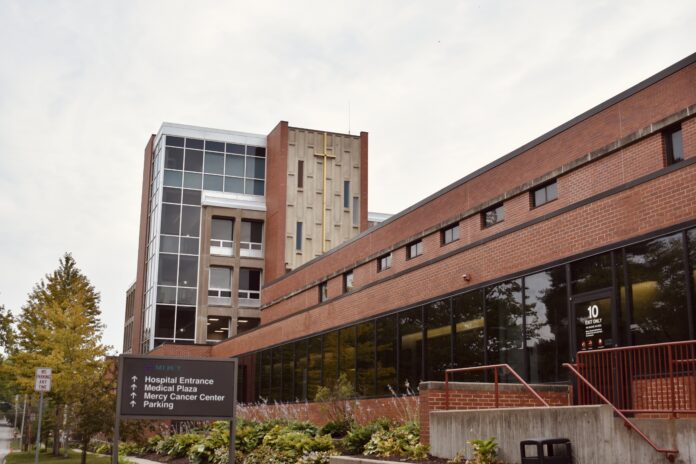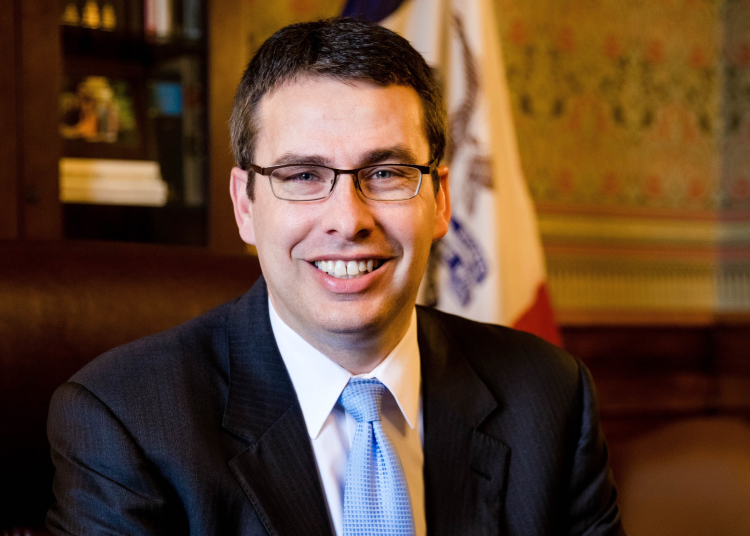
I was waiting in the emergency room at Mercy Iowa City, killing time by working on an editorial.
It was just a few hours after it was announced that Mercy Iowa City’s primary secured debt holder Preston Hollow Community Capital (PHCC) was the successful bankruptcy bidder for the beloved 150-year-old hospital. It had outbid the University of Iowa Hospitals & Clinics, which had been the presumed acquirer.
My ailing father — who just turned 80 and lives in a rural area of Iowa outside of the Corridor region — wanted to go to Mercy Iowa City because of the exceptional care he had previously received from heart surgery at the hospital. So that is where my mom drove him.
Our family, like thousands of others, has a special fondness for this hospital. Unfortunately, its financial troubles and questionable leadership over the past two decades have caused concern and anxiety about its long-term viability.
More questions than answers have been forthcoming. Would it go bankrupt? Would the caregiver’s pensions be preserved? Would Mercy’s Foundation continue to exist? Would it simply get shut down?
That’s why we were so heartened to learn that it is being preserved as a community hospital by PHCC. Iowa City and Johnson County deserve a strong and vibrant community hospital.
To be clear, we appreciate and support the UIHC, but it’s not where we choose to get our routine or emergency health care.
Our recent (and current) experience with my father’s care at Mercy Iowa City showed both the exceptional care that is a hallmark of the hospital and also illustrated the staffing shortages which have been exacerbated by the uncertainty of the hospital’s future for much of the past several years.
My father was admitted to the hospital and was still in the hospital when this column was submitted.
Mercy Iowa City had a noticeable lack of patients, visitors, staff and energy. Phones weren’t ringing. It almost seemed like a ghost hospital. We could walk from the parking lot across the skybridge to the main hospital and take the elevators to his floor and not see a single person walking the halls until we reached his area.
To be sure, my father’s care was great, but sometimes delayed. He unfortunately had to remain in the hospital more days than necessary because select procedures were delayed due to staffing shortages.
It became clear in talking with some of the health care professionals helping my father that many of their colleagues had moved on to other health care providers due to the uncertainty of Mercy’s future operations.
We are fortunate in the Cedar Rapids/Iowa City Corridor to have as many outstanding health care providers as we have. It will be one of the differentiators as our region grows and more rural communities continue to decline.
Right now is a transition time for Mercy Iowa City with the new owners. I am optimistic that the hospital, with its dedicated, albeit reduced, health care professionals and a 150-year foundation will be able to make it vibrant again so that it remains a place where, perhaps, my grandchildren might be born in the future, or when I become elderly that it will be the place where I will want to be cared for.
John Lohman is CEO and president of the Corridor Business Journal.




